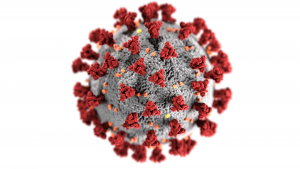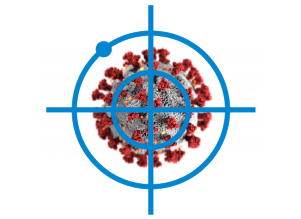 On September 15, 2022, the European Commission approved Vabysmo ™ (faricimab) for the treatment of wet, or neovascular, age-related macular degeneration (AMD) and visual impairment due to diabetic macular edema (DME). Faricimab (RO6867461, RG7716) is an anti-vascular endothelial growth factor-A (VEGF-A) and anti-angiopoietin-2 (Ang-2) bispecific antibody derived from Roche’s CrossMab technology.
On September 15, 2022, the European Commission approved Vabysmo ™ (faricimab) for the treatment of wet, or neovascular, age-related macular degeneration (AMD) and visual impairment due to diabetic macular edema (DME). Faricimab (RO6867461, RG7716) is an anti-vascular endothelial growth factor-A (VEGF-A) and anti-angiopoietin-2 (Ang-2) bispecific antibody derived from Roche’s CrossMab technology.
The approval in the European Union was based in part on results from four Phase 3 studies in wet AMD and DME. The TENAYA (NCT03823287) and LUCERNE (NCT03823300) studies evaluated the effects of faricimab (6.0 mg administered at fixed intervals of every two, three, or four months) and aflibercept (Eylea®) (2.0 mg administered at fixed two-month intervals) in wet AMD patients. The YOSEMITE (NCT03622580) and RHINE studies (NCT03622593) compared the effects of faricimab (6.0 mg administered at personalized treatment intervals (PTI) of up to four months or 6.0 mg administered at fixed two-month intervals) to those of aflibercept (2.0 mg administered at fixed two-month intervals) in DME patients. Results of the TENAYA and LUCERNE and YOSEMITE and RHINE studies were published in The Lancet.
Interested in more information? Explore our searchable table of antibody therapeutics approved in the EU or US for details.




